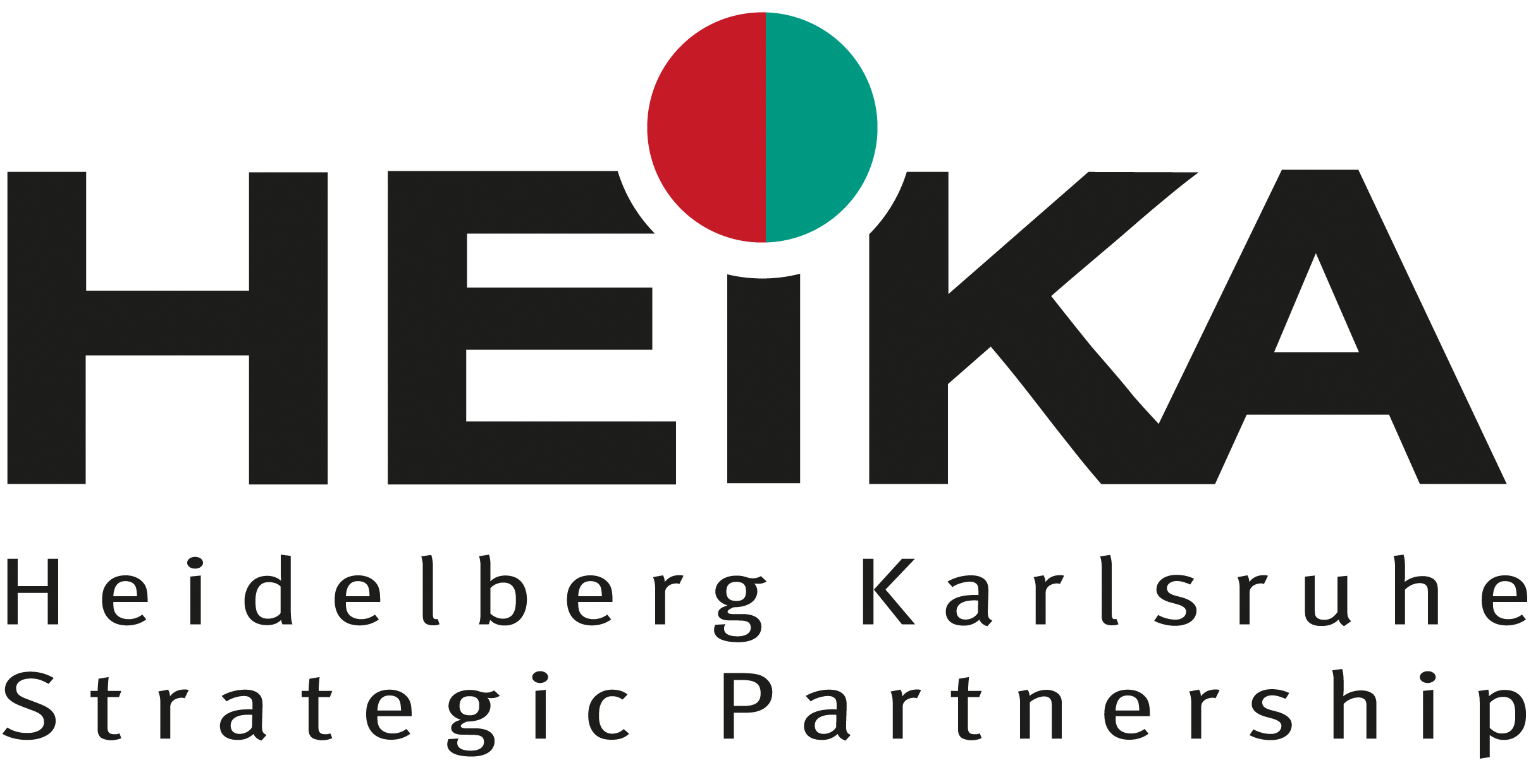Pericyte loss is the earliest morphological sign of diabetic retinopathy. During the course of the disease the retinal blood vessels face a loss in the stabilizing pericytes which leads to destabilization of the blood vessel, haemorrhage, and due to local hypoxia to the angiogenesis of new capillaries leading to blindness. It has been hypothesized that diabetic retinopathy can be delayed or prevented through restoration of pericytes and pericyte function by adipose tissue-derived stem/stromal cells (ASC). According to surface and internal marker validation, ASCs share pericyte characteristics, and may have a therapeutic benefit in injured micro vessels in the eye. In combination with endothelial cells (ECs), ASCs are able to establish functional vessels in vivo. However, the factors that coordinate EC-ASC communications to promote migration of these cells toward one another, and their heterotypic assembly into vascular structures are not well defined. To understand the mechanisms of EC-ASC interaction, we will team up to develop a sophisticated in vitro 3D model by 3D bio printing of retinal blood vessels from EC in which the migration and homing and differentiation of the ASCs can be monitored over a long period of time. There are preclinical data that prove the homing of ASCs towards these blood vessels when injected intravitreally. Eventually they migrate, adhere to and interact with EC, differentiate to take over the function of the formerly lost pericytes. We would like to understand, what are the secreted or presented factors of the EC-layer or other involved cells responsible for homing of ASCs and how the interact with the endothelium affects pericyte-like differentiation and subsequently control of endothelial cells. In addition the 3D systems offers a unique chance to study the influence of ASC/pericyte-like ASC on additional cell types, especially immune and inflammatory cells such as regulatory T cells and microglia in the context of diabetic retinopathy.
Research bridges
Run-time
-
Medical Faculty Mannheim / Experimental Cell Therapy
Heidelberg University
Institute of Functional Interfaces (IFG)
Karlsruhe Institute of Technology

